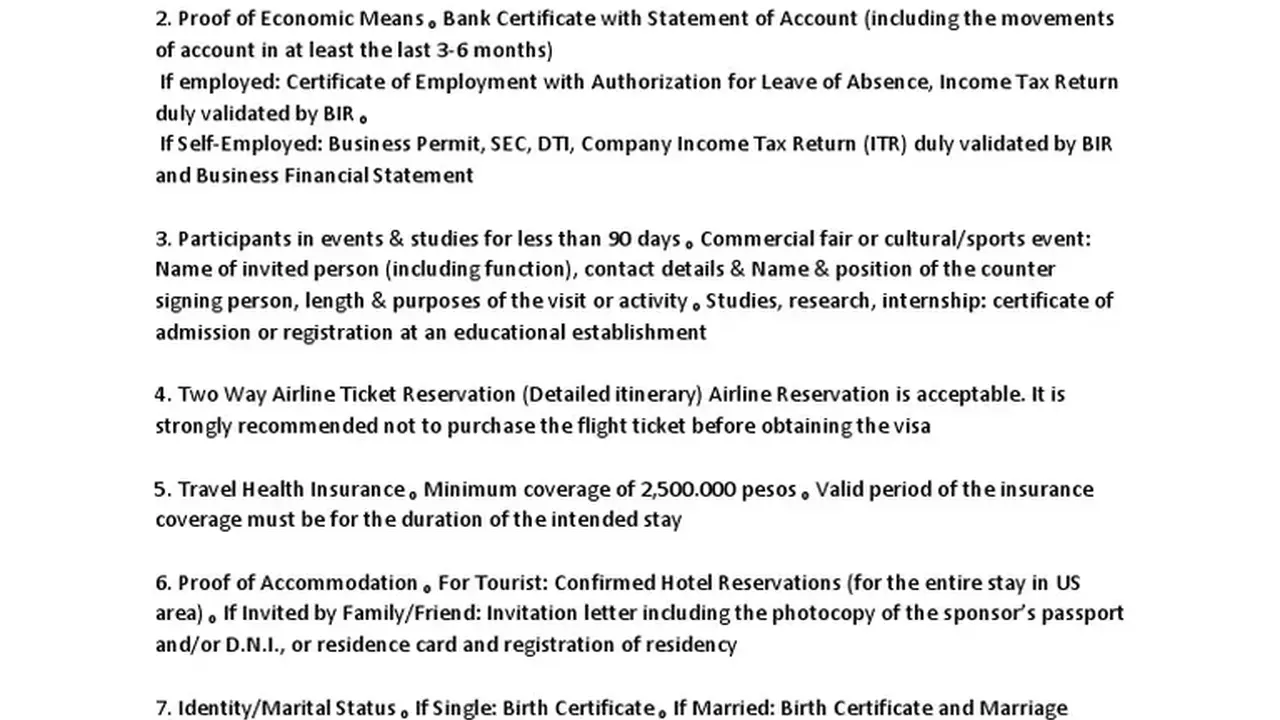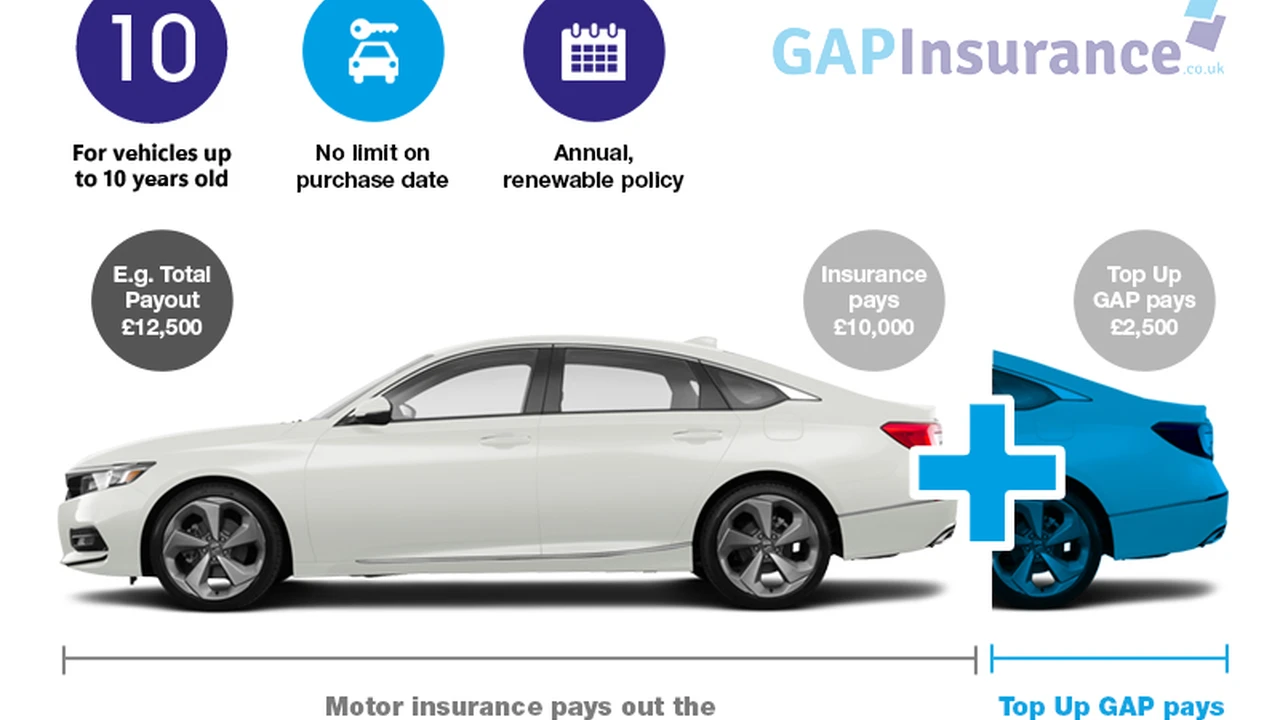Volunteer Placement Interview Questions
Learn about application requirements, writing compelling essays, and showcasing your skills and experience. Stand out from the crowd.

Preparing for Your Volunteer Interview Key Questions to Expect
So, you've landed an interview for your dream volunteer placement – awesome! This is your chance to shine and convince the organization that you're the perfect fit. Don't sweat it, though. With a little preparation, you can ace this interview. Let's dive into some common questions you might encounter and how to answer them effectively.
Common Volunteer Interview Questions Demonstrating Your Passion
First off, expect questions about your motivation. They want to know why you're interested in volunteering with them. Be genuine and enthusiastic. Talk about what sparked your interest in their organization, the specific project, and the cause they're supporting. Don't just say you \"want to help people.\" Dig deeper. Share a personal story or experience that connects you to the mission. For example:
- \"Why are you interested in this volunteer position?\" Answer by highlighting specific aspects of the organization's work that resonate with you. Mention a project you admire or a skill you hope to develop.
- \"What are your motivations for volunteering abroad?\" Share your passion for cultural exchange, personal growth, or making a tangible difference in a community. Be honest about your expectations and goals.
- \"What do you hope to gain from this experience?\" Focus on personal and professional development. Mention skills you want to acquire, knowledge you want to gain, or perspectives you want to broaden.
Highlighting Your Skills and Experience Matching Your Abilities to the Role
Next up, they'll want to assess your skills and experience. Think about what you bring to the table. Even if you don't have direct experience in the specific field, highlight transferable skills like teamwork, communication, problem-solving, and adaptability. Give concrete examples of how you've used these skills in the past. For instance:
- \"What skills and experience do you have that would be valuable to this project?\" Showcase relevant skills such as language proficiency, technical expertise, or previous volunteer experience. Provide specific examples of how you've used these skills successfully.
- \"How do you handle challenging situations?\" Describe a time when you faced a difficult situation and how you overcame it. Emphasize your problem-solving skills, resilience, and ability to learn from mistakes.
- \"Are you comfortable working independently and as part of a team?\" Demonstrate your ability to collaborate effectively with others while also being self-motivated and resourceful when working alone.
Demonstrating Your Commitment and Understanding Showing Your Dedication
They'll also want to gauge your commitment and understanding of the project. Research the organization thoroughly beforehand. Know their mission, values, and current projects. Ask thoughtful questions that show you're genuinely interested and have done your homework. This demonstrates that you're serious about contributing and not just looking for a resume booster. Show them you understand the challenges and rewards of volunteering in their specific context. Examples:
- \"What do you know about our organization and the work we do?\" Demonstrate your research by summarizing the organization's mission, programs, and impact. Highlight specific achievements that resonate with you.
- \"What are your expectations for this volunteer placement?\" Be realistic and align your expectations with the organization's capabilities and resources. Focus on learning, contributing, and making a positive impact.
- \"How long are you available to volunteer?\" Be clear about your availability and commitment. Ensure that you can fulfill the minimum time requirements and contribute consistently.
Addressing Challenges and Concerns Handling Difficult Situations Effectively
Be prepared to address potential challenges. They might ask about your experience dealing with cultural differences, language barriers, or difficult team members. Be honest about your limitations, but focus on your willingness to learn and adapt. Show that you're open to feedback and committed to finding solutions. It's okay to acknowledge that you don't have all the answers, but emphasize your resourcefulness and willingness to seek help when needed.
- \"How do you handle cultural differences and language barriers?\" Emphasize your willingness to learn about local customs, respect cultural norms, and communicate effectively using various methods.
- \"What are your strategies for resolving conflicts within a team?\" Describe your approach to conflict resolution, which may include active listening, empathy, and finding mutually agreeable solutions.
- \"How do you deal with stress and challenging situations?\" Share your coping mechanisms, such as exercise, meditation, or seeking support from friends and family. Demonstrate your ability to remain calm and focused under pressure.
Asking Questions Showing Your Genuine Interest
Don't forget to ask questions! This shows that you're engaged and genuinely interested. Prepare a few questions beforehand based on your research. Ask about the day-to-day responsibilities, the team dynamics, or the long-term impact of the project. Avoid asking questions that are easily answered on their website. Aim for questions that demonstrate your understanding and desire to contribute meaningfully. For example:
- \"What are the biggest challenges facing the organization right now?\" This shows that you're thinking about the bigger picture and are willing to contribute to solutions.
- \"What opportunities are there for professional development and learning?\" This demonstrates your commitment to growth and your desire to make the most of the experience.
- \"How can I best contribute to the success of this project?\" This shows that you're focused on making a tangible impact and are willing to go the extra mile.
Recommended Products for Volunteer Interviews and Their Uses
Okay, let's talk gear! While the interview focuses on your skills and experience, having the right tools can help you prepare and present yourself confidently. Here are a few recommendations:
High Quality Recording Device for Interview Practice
Product: Zoom H1n Handy Recorder.
Use Case: Record yourself answering common interview questions. Play it back and analyze your responses. This helps you identify areas for improvement in your delivery, tone, and content.
Comparison: Compared to using your phone's built-in microphone, the Zoom H1n provides much clearer audio, making it easier to hear nuances in your voice and identify filler words. It's more portable and easier to use than professional studio microphones.
Price: Around $100.
Professional Note-Taking App for Interview Prep
Product: Evernote Premium.
Use Case: Organize your research on the organization, prepare your answers to common questions, and jot down notes during the interview. Evernote allows you to create notebooks for each organization you're interviewing with, tag your notes for easy searching, and access your information from any device.
Comparison: Compared to using a physical notebook, Evernote is more organized, searchable, and environmentally friendly. It also allows you to easily share your notes with others if you're working with a team. Free versions are available, but the premium version offers more storage and features.
Price: Around $8 per month.
Reliable Video Conferencing Software for Remote Interviews
Product: Zoom Pro.
Use Case: For remote interviews, a stable and professional video conferencing platform is essential. Zoom Pro offers features like high-quality video and audio, screen sharing, and virtual backgrounds to create a professional impression.
Comparison: While free options like Google Meet are available, Zoom Pro offers more advanced features and greater reliability, especially for important interviews. It also allows you to record the interview for later review.
Price: Around $15 per month.
Tips for Acing the Interview Presenting Yourself Confidently
- Dress Professionally: Even for a volunteer position, dress respectfully. Choose clean, well-fitting clothes that project confidence and professionalism.
- Arrive on Time (or Early): Punctuality shows respect for the interviewer's time. Aim to arrive a few minutes early, whether in person or online.
- Maintain Eye Contact: Eye contact conveys confidence and sincerity. Make regular eye contact with the interviewer throughout the conversation.
- Speak Clearly and Concisely: Avoid rambling or using filler words like \"um\" or \"like.\" Speak clearly and concisely, focusing on delivering your message effectively.
- Be Enthusiastic and Positive: Let your passion for the cause shine through. Maintain a positive attitude and express your enthusiasm for the opportunity.
- Send a Thank-You Note: After the interview, send a thank-you note to the interviewer, reiterating your interest in the position and thanking them for their time.
By preparing thoughtful answers, showcasing your skills, and demonstrating your genuine interest, you'll significantly increase your chances of landing your dream volunteer placement. Good luck!
:max_bytes(150000):strip_icc()/277019-baked-pork-chops-with-cream-of-mushroom-soup-DDMFS-beauty-4x3-BG-7505-5762b731cf30447d9cbbbbbf387beafa.jpg)






